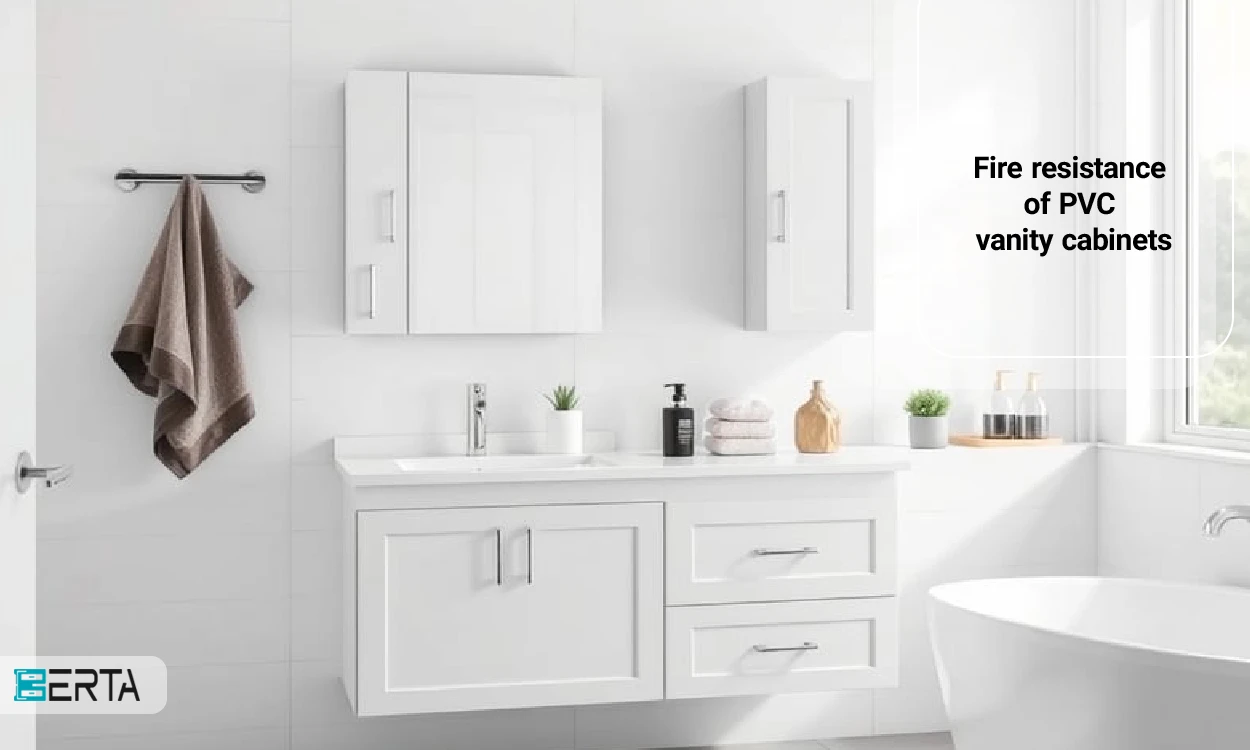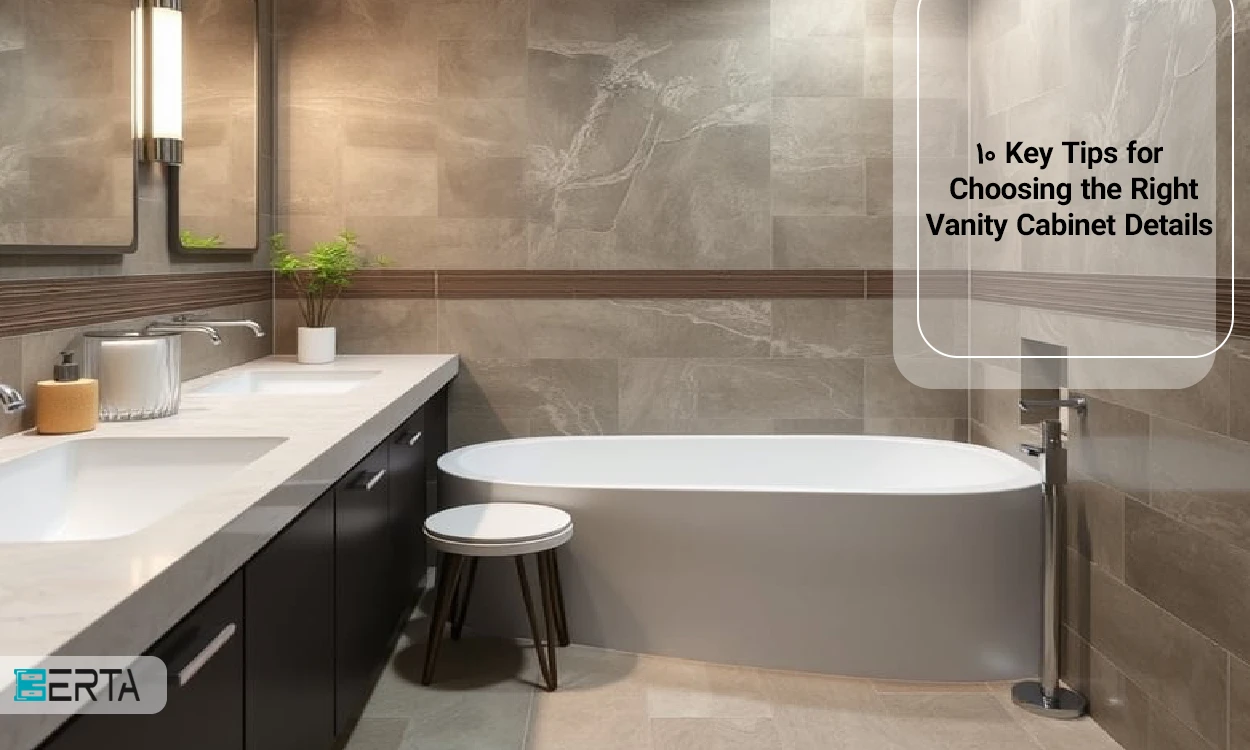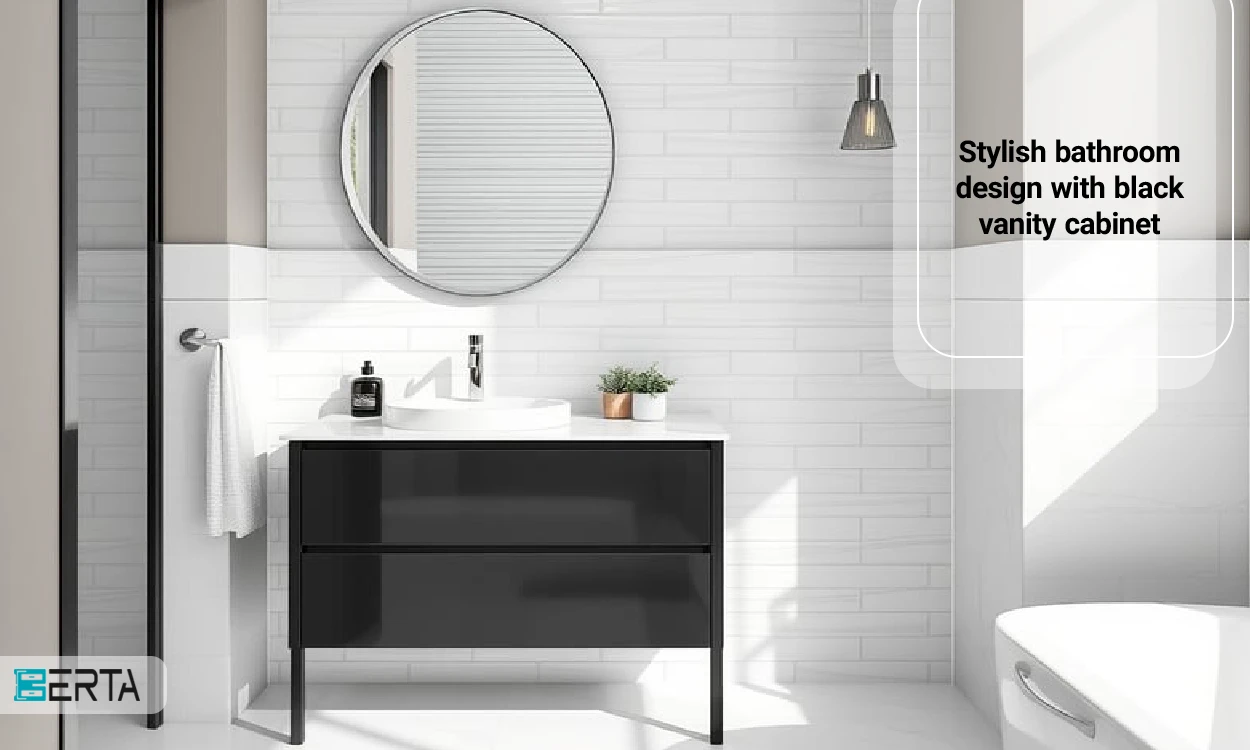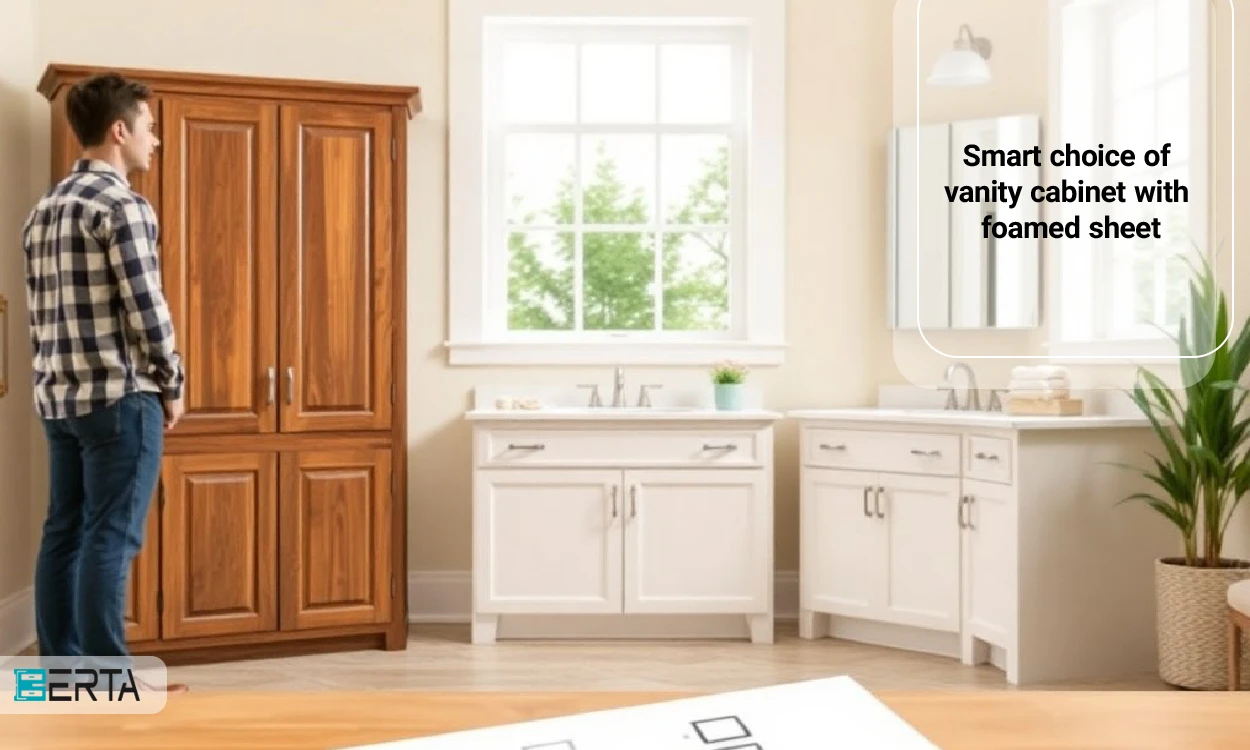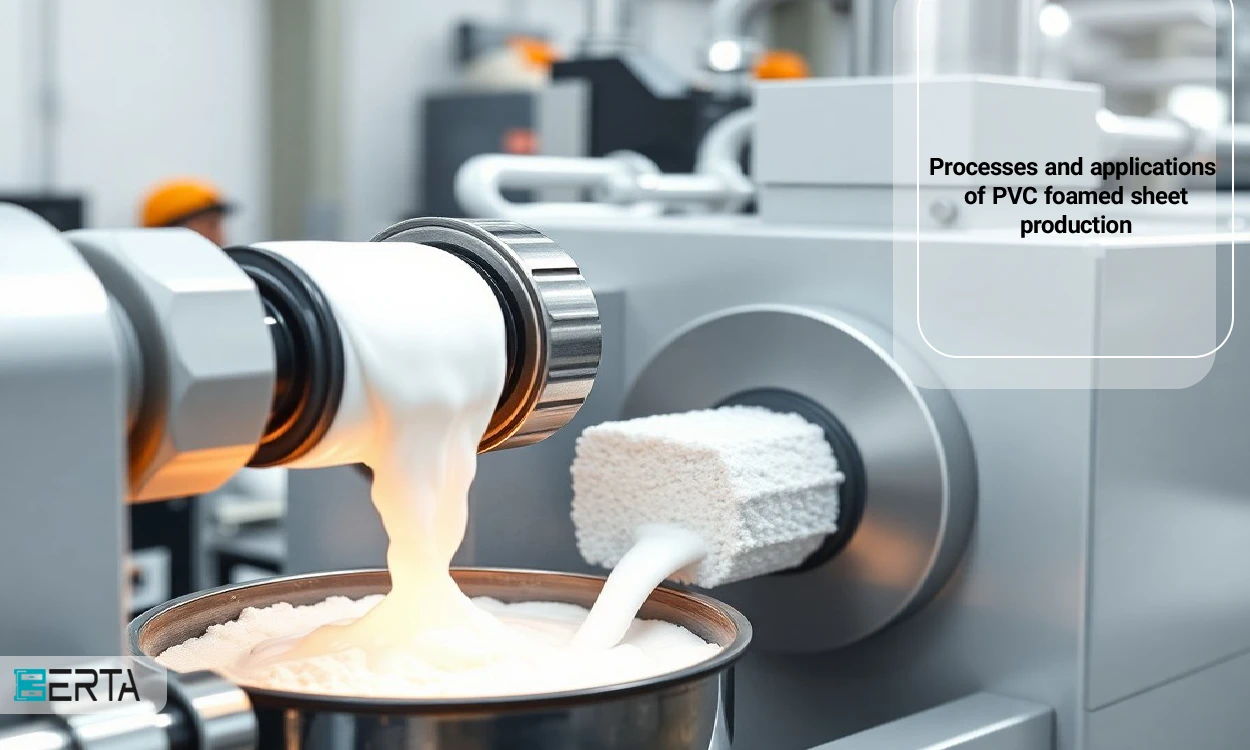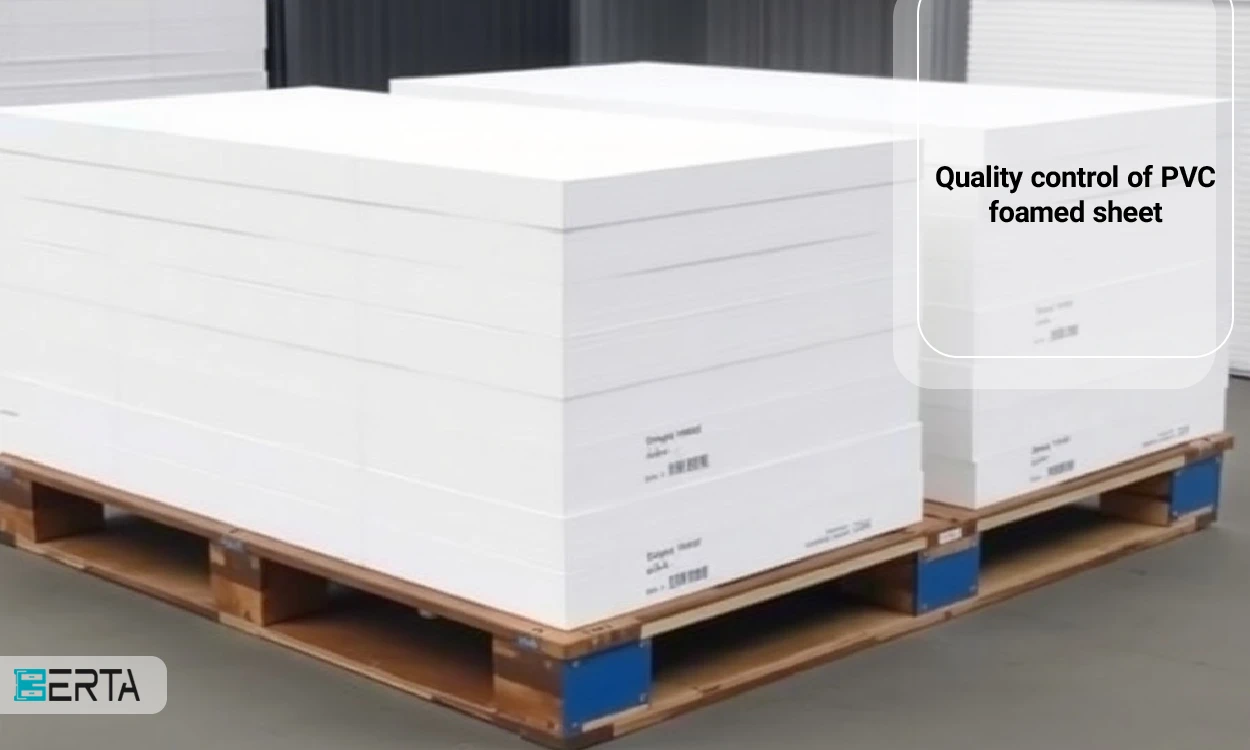Bathroom and toilet design can show the level of attention to comfort and health in the family. Although the bathroom is a private place and people outside the family rarely use it, interior design and choosing the right bathtub are important in every home. Many people take a bath to get rid of their daily worries. In this blog, we introduce the best tips for choosing the right bathtub. From modern and stylish designs to classic and original options, we guide you to increase the beauty and tranquility of your bathroom with a smart choice.
What is a bathtub?
If you are looking for a luxurious and relaxing experience at home, single or double bathtubs are a great option for homes. These tubs have water inlet and outlet and their hot water is supplied through a household water heater. After each use, by removing the outlet cap, you can easily drain the tub water to prepare for the next use. People who do not need a jacuzzi and other additional equipment can fully satisfy their needs by purchasing a simple bathtub and still enjoy a pleasant experience. The bathtub is usually made of durable and quality materials and can give a beautiful and stylish look to the decoration of your bathroom.
What is the difference between a bathtub and a jacuzzi?
The most fundamental difference between a bathtub and a jacuzzi is their equipment and efficiency. A jacuzzi has more equipment and facilities than a bathtub, which provides a more luxurious and relaxing experience. In the following, we will examine these differences:
1- Equipment
- Jacuzzi: Jacuzzis have equipment such as blowers, pumps, jets, life safety switches, and other advanced facilities. This equipment makes the jacuzzi, in addition to washing the body, bring the experience of massage and treatment. The jacuzzi jet is installed in the walls and bottom and is controlled by the jacuzzi pump and motor.
- Conventional tub: Unlike Jacuzzi, conventional tubs have simple faucets and do not have additional equipment such as jets and pumps. Conventional bathtubs are more designed for body washing and simple relaxation and do not offer massage and treatment facilities.
2- Cost and installation
- Hot tubs: Because of the advanced equipment and extra features, hot tubs are usually more expensive than regular tubs and more complicated to install. They require more space and support systems such as more powerful pumps and motors.
- Conventional tubs: Conventional tubs are less expensive and easier to install. These tubs require less space and can be installed in any standard bathroom.
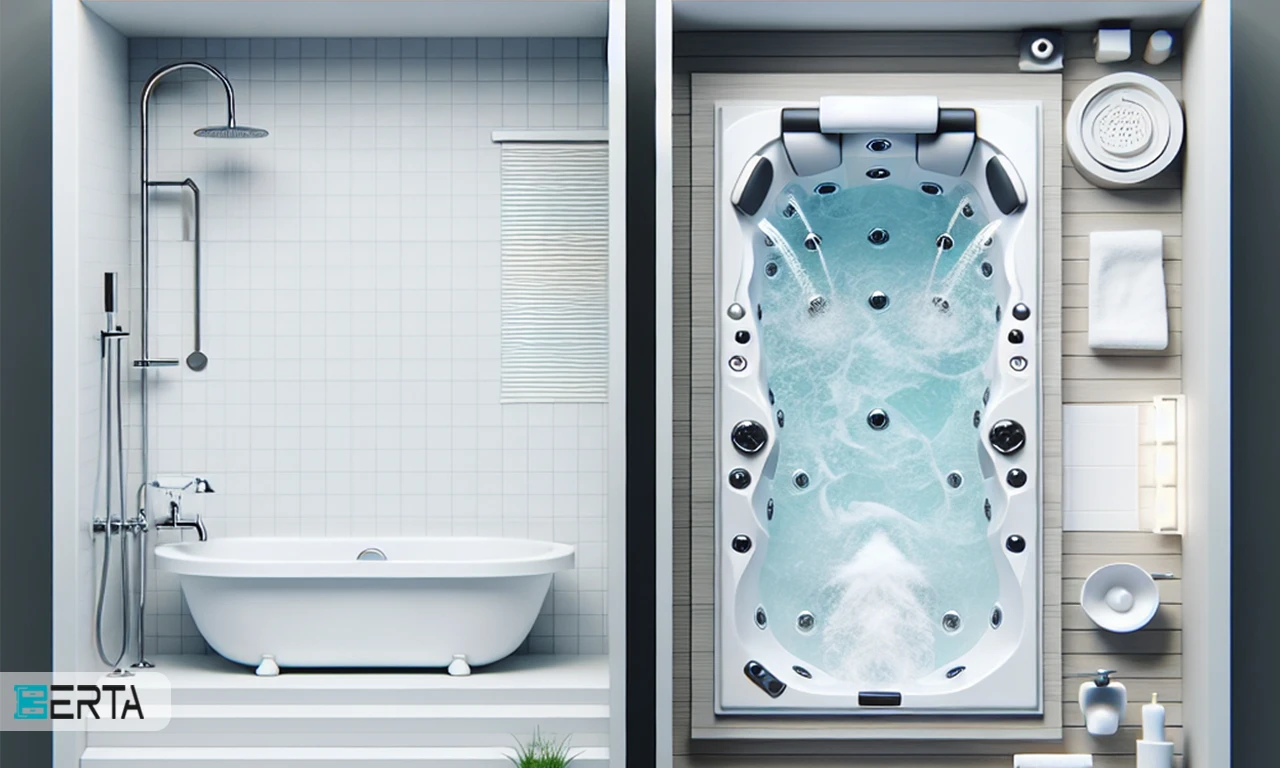
Types of bathtubs and jacuzzis
Bathroom tubs have many changes in terms of design and appearance. In the following, we will review the most important and most commonly used types of bathtubs:
1- Rectangular tubs
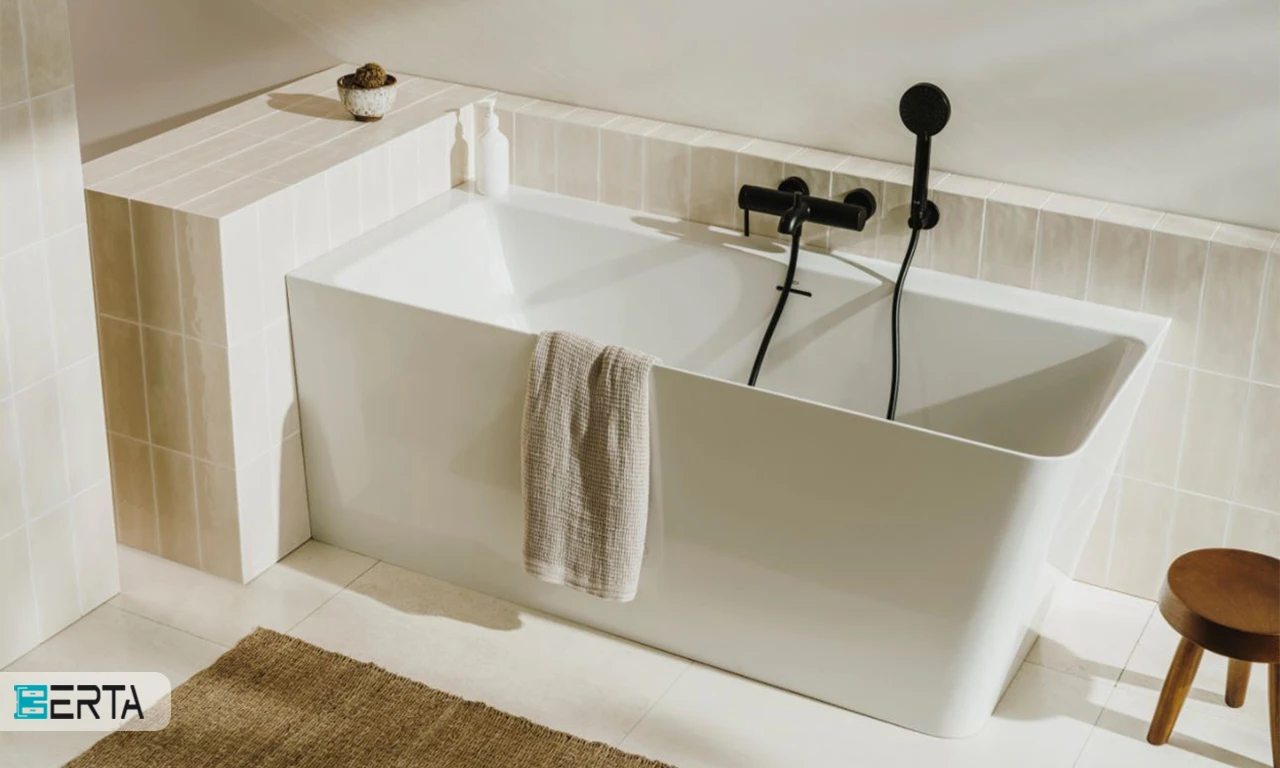
2- Square tubs
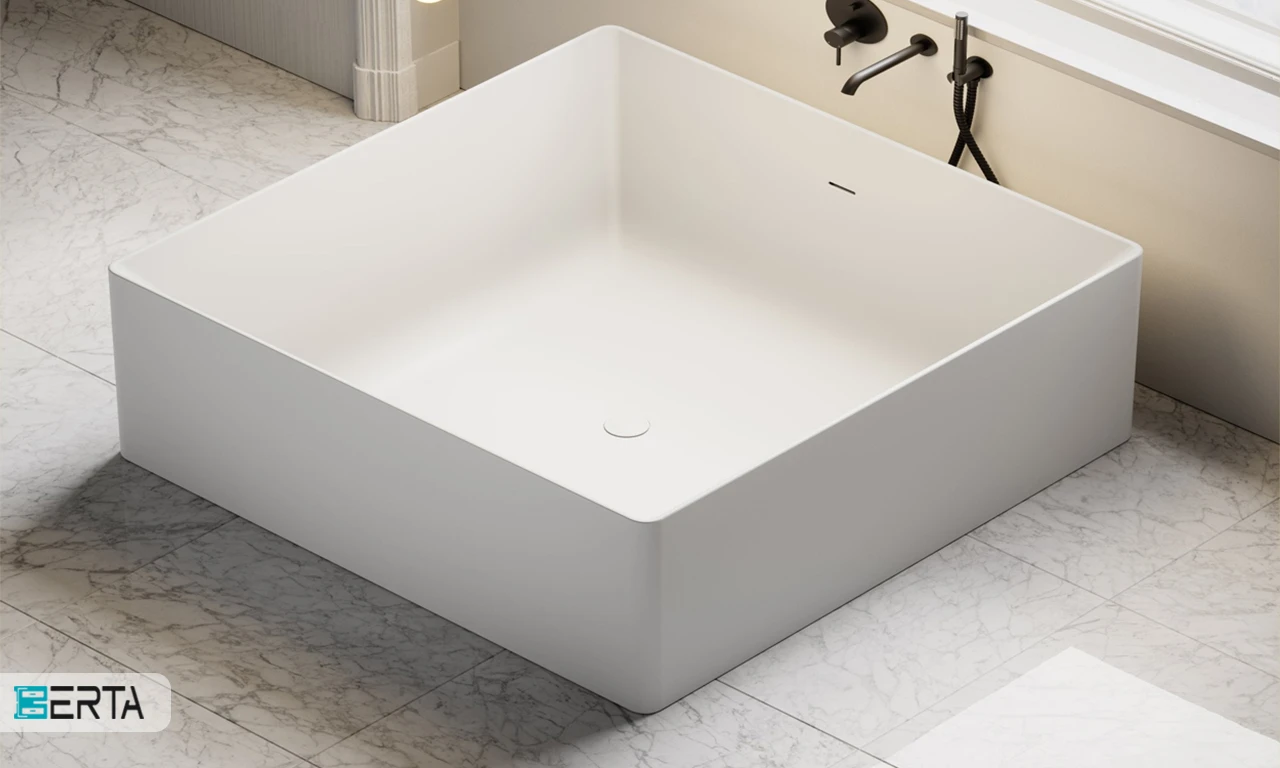
3- Round or circular tubs
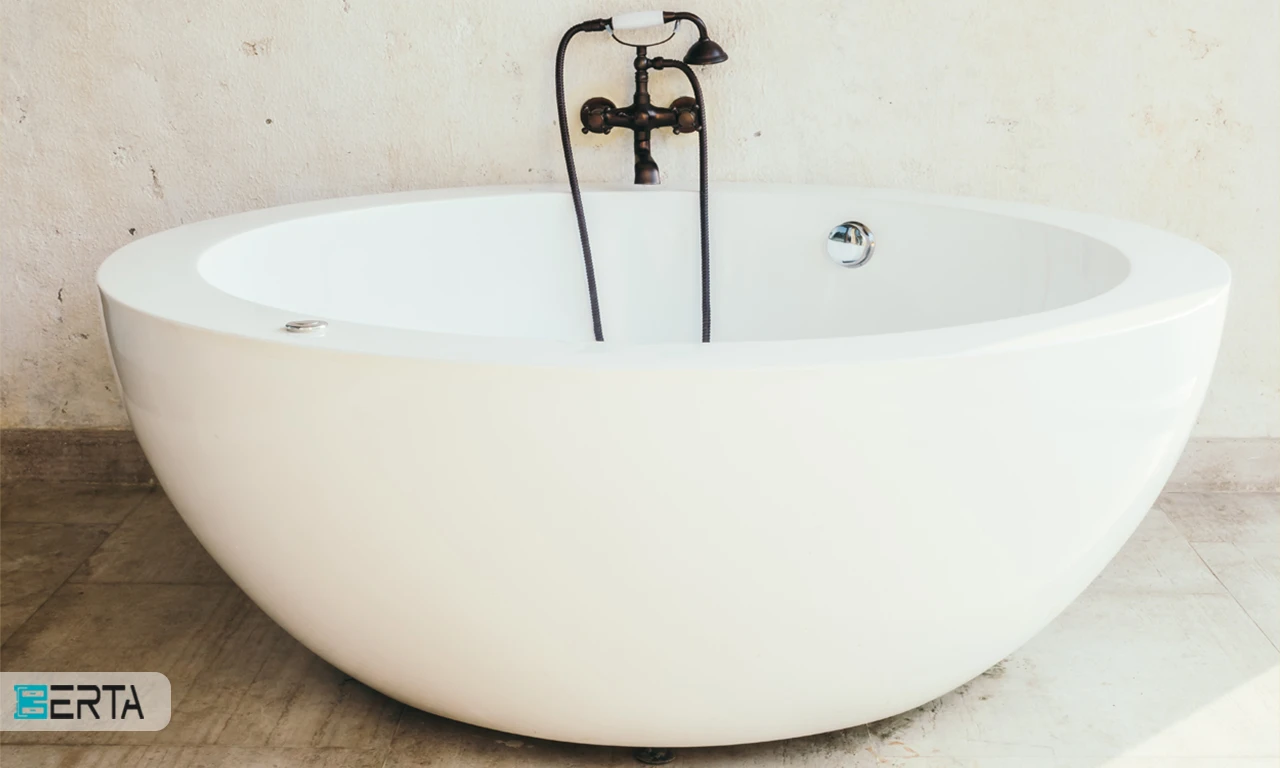
4- Triangular or corner tubs
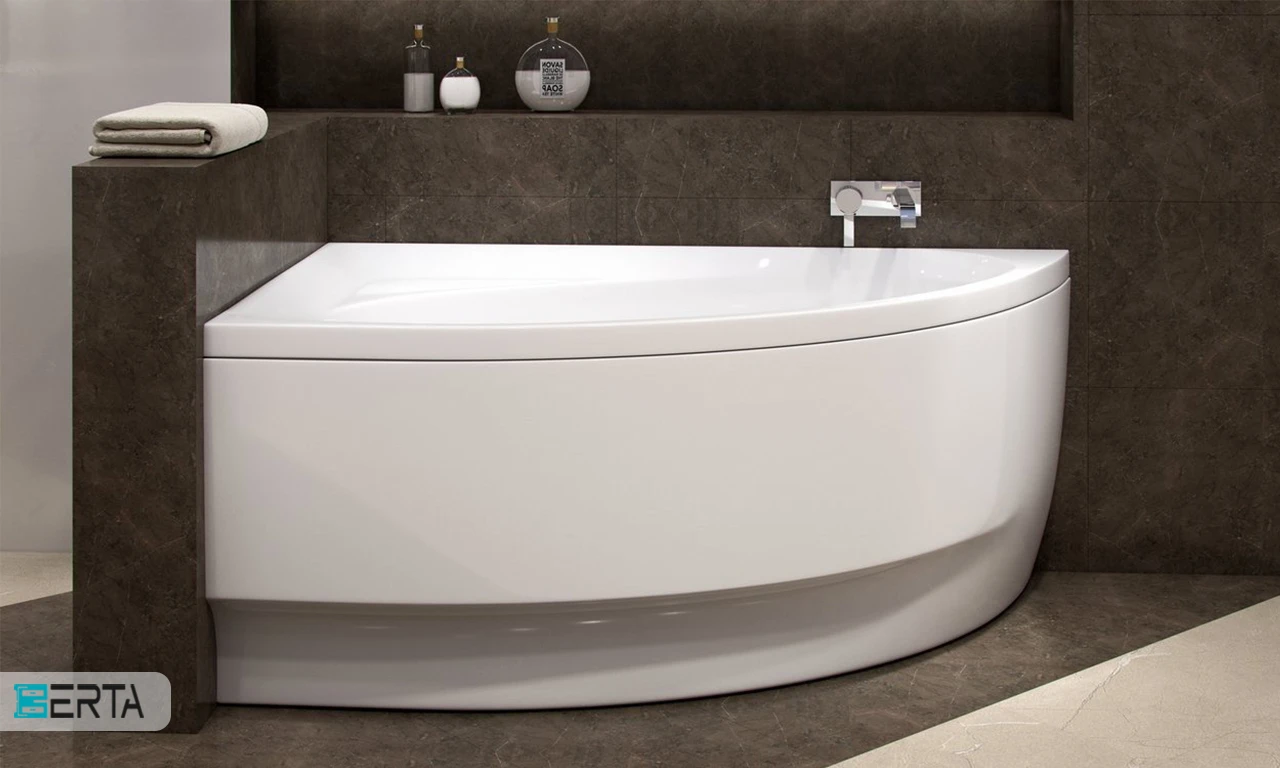
5- Classic or oval tubs
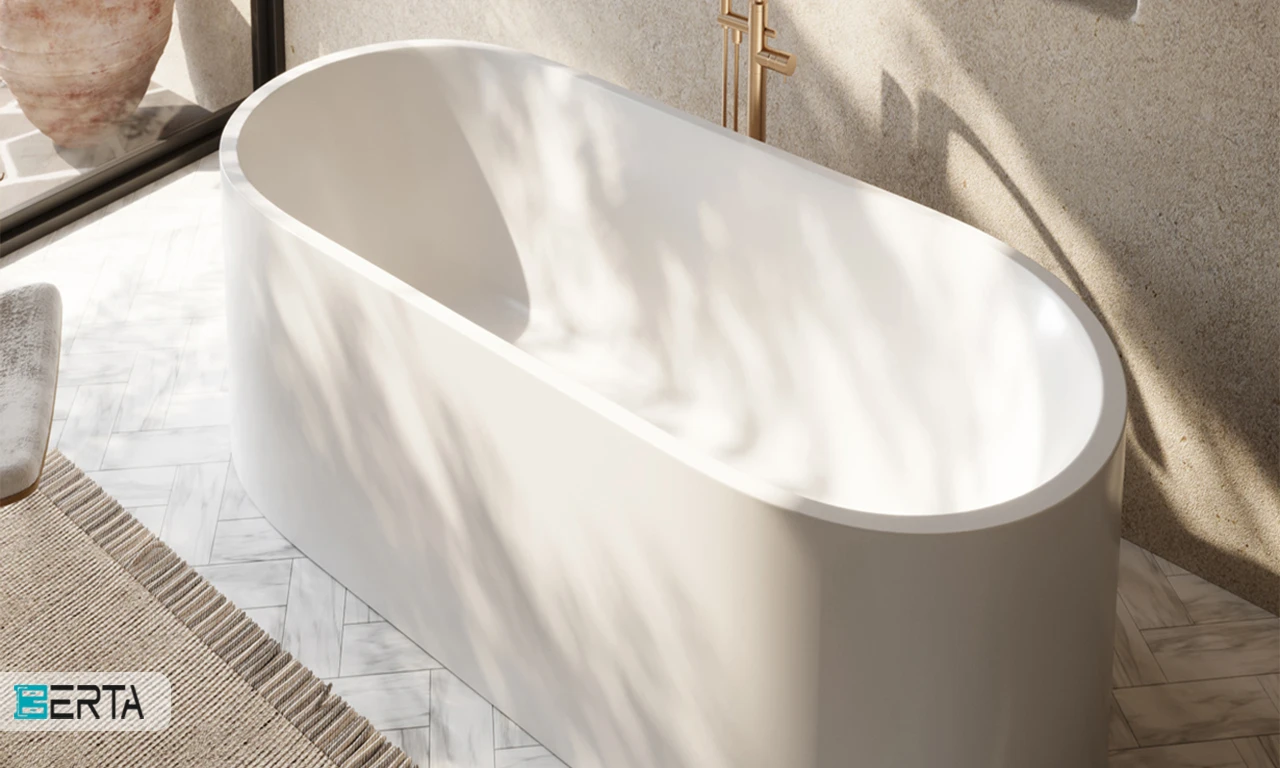
Getting to know the types of bathtub ingredients
You are faced with many choices when buying a tub. You have the right to choose from hundreds of models, sizes, shapes, materials, and colors. This issue can confuse you when buying a bathtub. The materials used in the bathtub have a great impact on durability, cleanliness, price, and as a result, your choice. The different materials used in the construction of bathtubs are divided into several categories, which we will discuss below.
1- Plastic (fiberglass or acrylic)
Fiberglass and acrylic are the most important materials used in the construction of bathtubs. Due to its high flexibility and malleability, these materials allow manufacturers to produce new and diverse designs. Fiberglass tubs provide warmth and comfort when the body touches them. These materials are naturally soft and the body feels comfortable when in contact with it, so you will not experience the unpleasant feeling of cold when your body comes into contact with the tub.
Fiberglass tubs are known as the lightest tubs and their weight is about thirty to forty kilograms. This style can be an important factor when buying a tub. However, you should know that cleaning fiberglass tubs can be a bit difficult, especially since the use of certain detergents can negatively affect their quality.
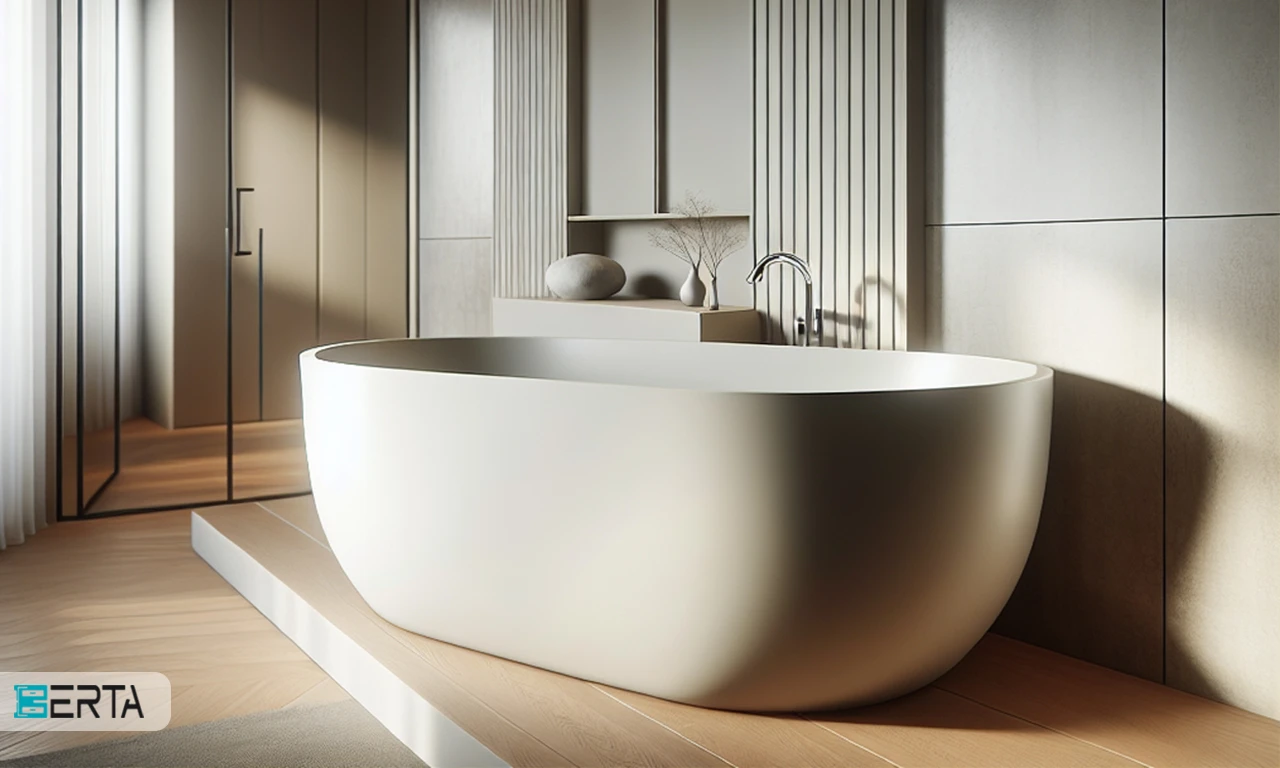
2- Cast iron
Cast iron is another popular material for making bathtubs. Cast iron tubs are very resistant and durable and can be used for years without the need for special repairs. Due to the heavy weight of these tubs, they need strong foundations. Also, cast iron tubs retain heat well and provide a warm and pleasant experience.
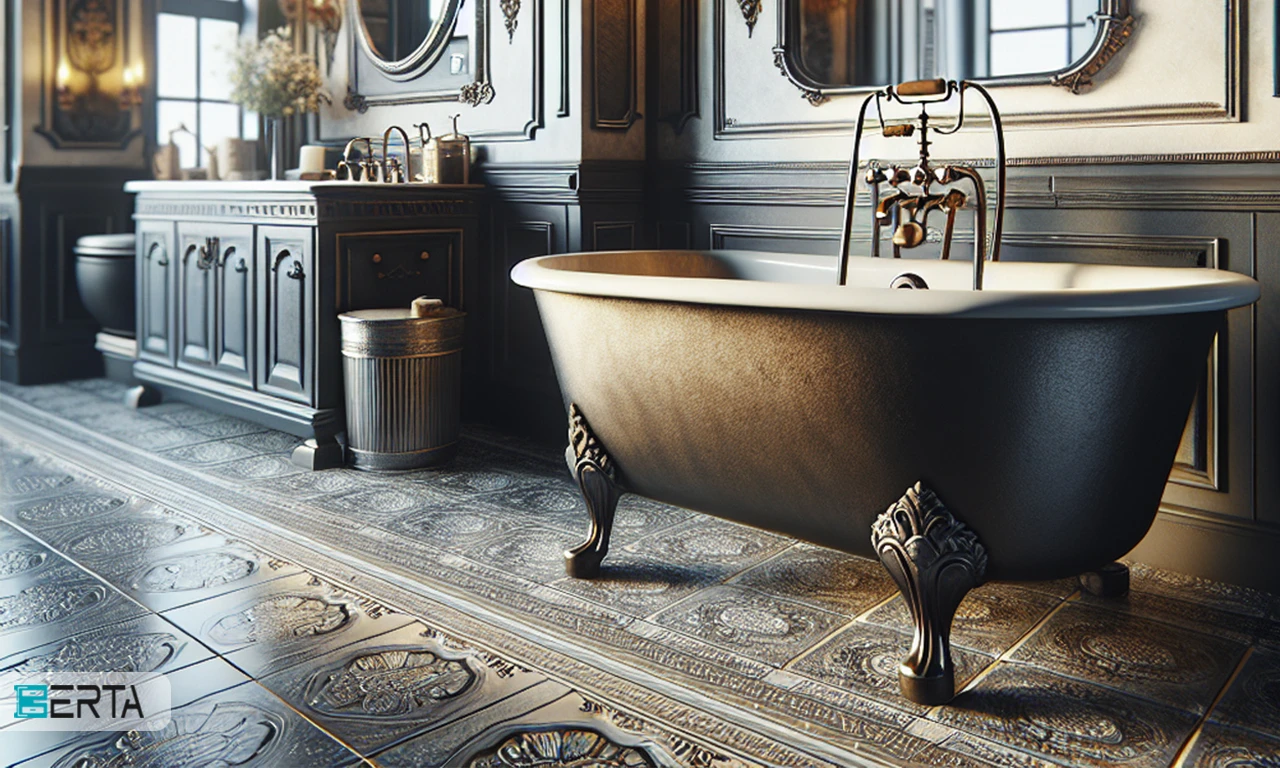
3- Glazed steel
Glazed steel is also one of the most widely used materials in bathtub construction. These tubs are made of steel and then covered with glaze. Glazed steel tubs are relatively lighter than cast iron tubs and have a shiny and beautiful appearance due to the enamel coating. These tubs also have good scratch resistance, but the glaze may crack over time.
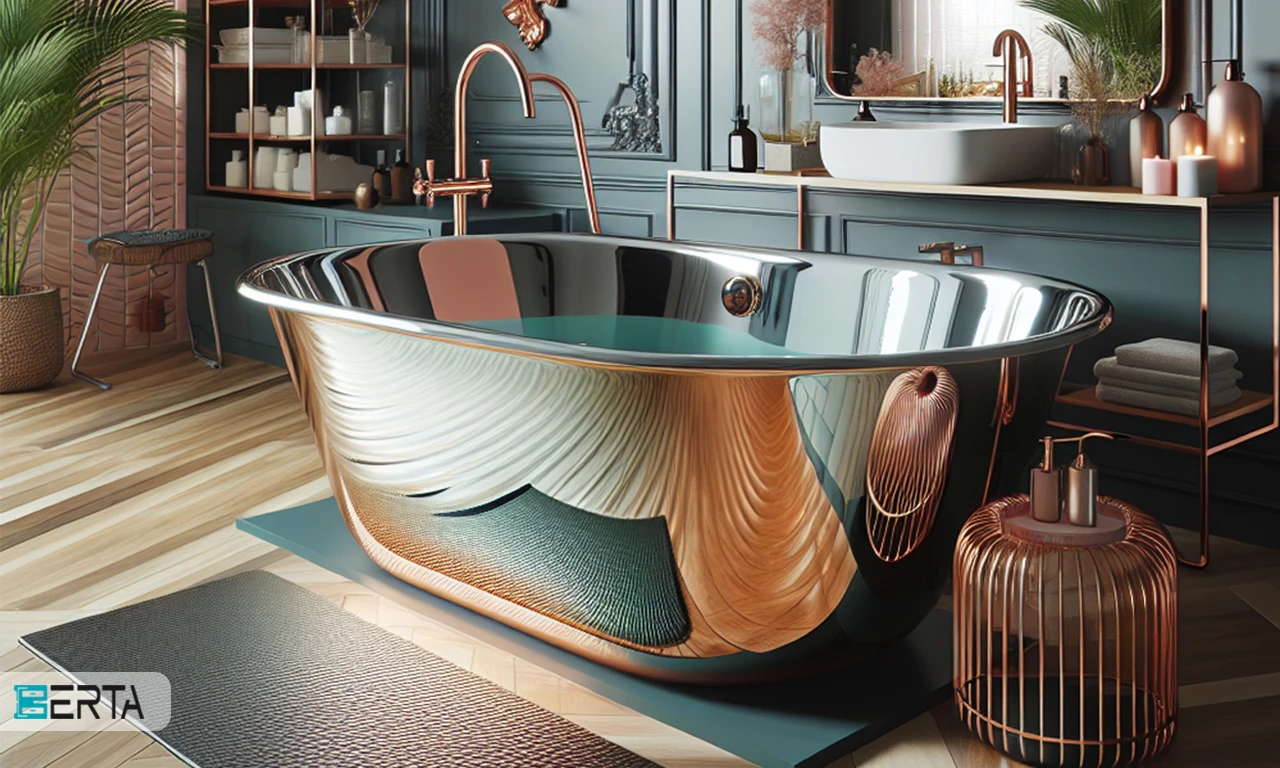
4- Artificial stone
Artificial stone is another material used in the construction of bathtubs. These bathtubs are made of a combination of minerals and resin and have an appearance similar to natural stone. Artificial stone bathtubs are very resistant and durable and can give a luxurious and stylish look to your bathroom decoration. These tubs also retain heat well and provide a warm and comfortable experience.
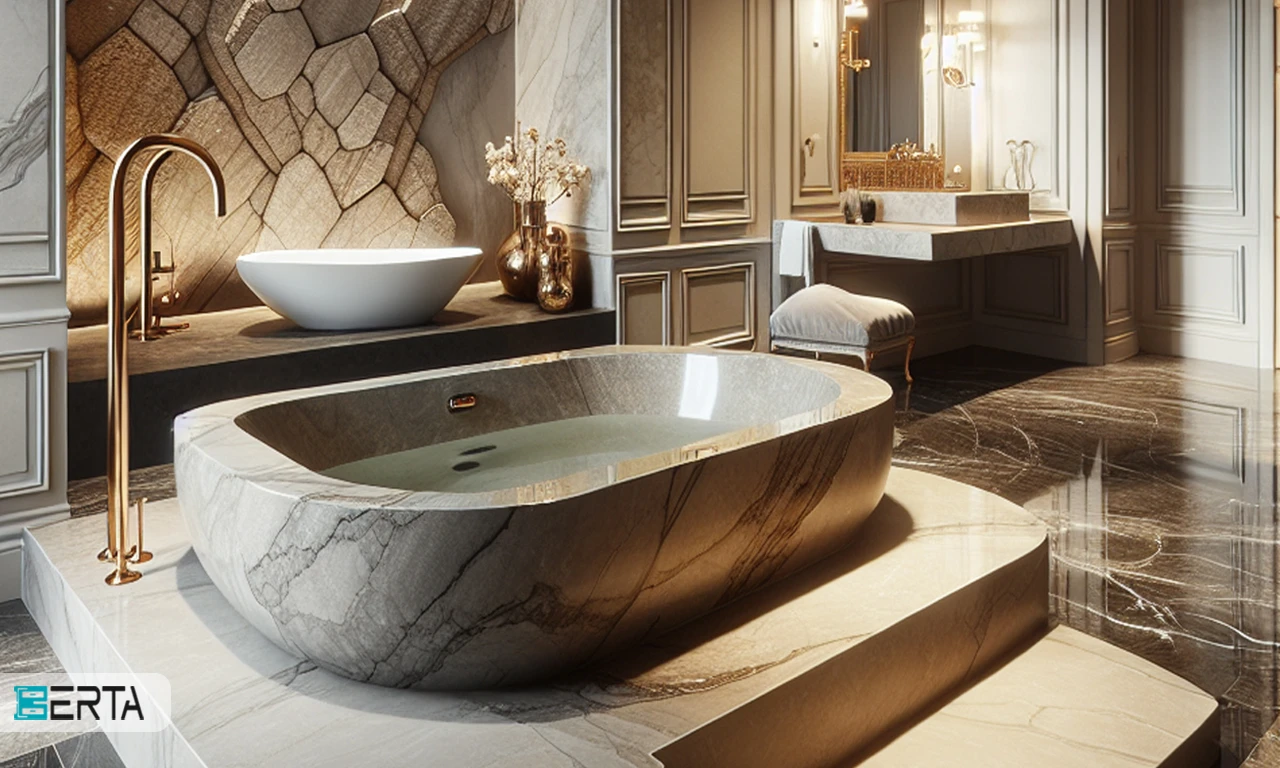
5- Copper
Copper is another luxurious and beautiful material for making bathtubs. Copper tubs give your bathroom a unique appearance due to their special and shiny appearance. These tubs also have anti-bacterial properties and are naturally rust-resistant. However, copper tubs are relatively more expensive than other tubs and require more care and maintenance.
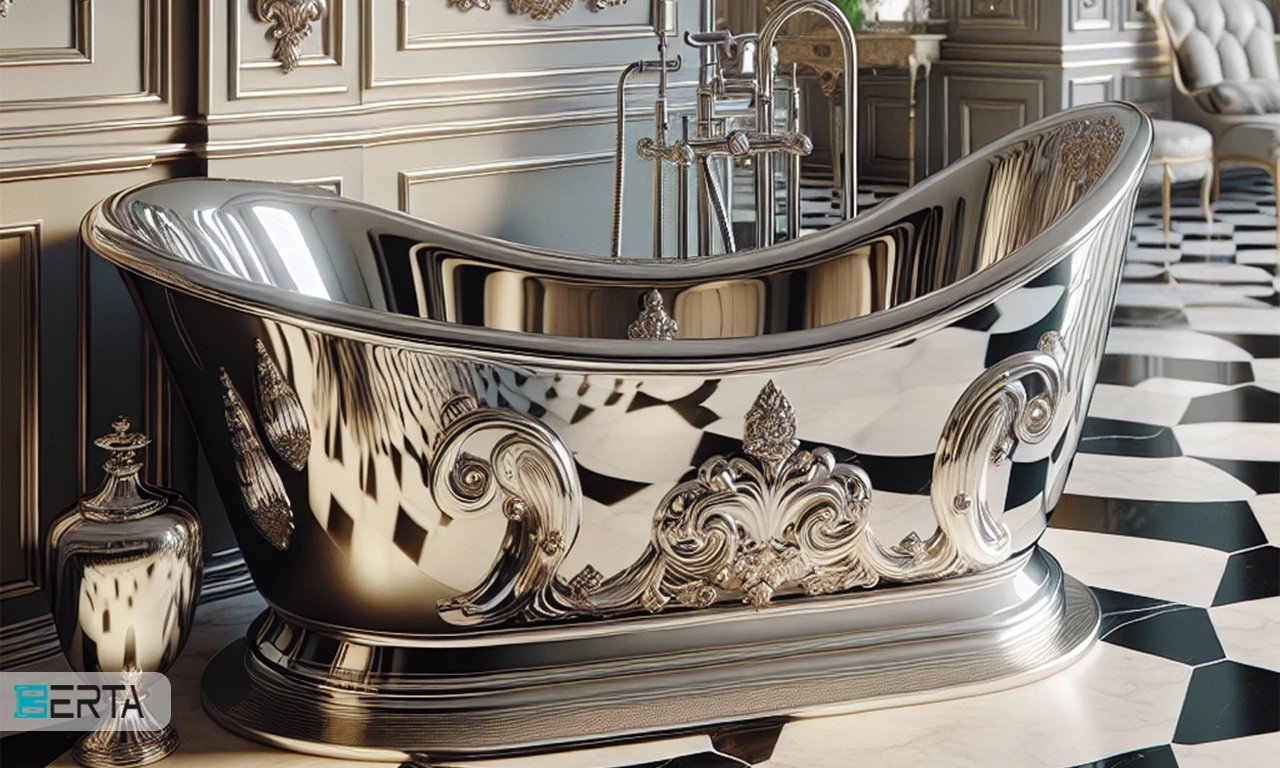
Important tips for buying a bathtub and jacuzzi
1- Floor weight and tolerance
One of the key factors in buying a bathtub is to pay attention to its weight and the tolerance of the building floor. This issue is especially important in apartments and higher floors. Make sure that your bathroom floor can support the weight of the tub full of water and the user to avoid possible problems.
2- Available dimensions and space
The standard dimensions of bathtubs include length 150 cm, width 75 cm and depth 55 cm. Before buying, measure the available space carefully to make sure the tub fits perfectly in your bathroom.
3- Tub capacity
Bathtubs are available in different capacities, from single tubs that are suitable for individual relaxation to double tubs that provide happy moments for you and your loved ones. Depending on your needs and tastes, choose a bathtub with the right capacity and enjoy relaxing moments in the bathroom.
4- Additional facilities
Imagine soaking in a Jacuzzi tub with a relaxing massage system, while colorful LED lights beautifully illuminate the environment and soothing music plays from the sound system. These special facilities can turn your moments into a luxurious and unforgettable experience. Of course, you have to keep in mind that these extras may cost more, but the experience they offer is truly unique.
5- Type of tub
Bathtubs are made of various materials such as fiberglass, cast iron, stainless steel and natural stone, each of which has its own characteristics and benefits.
6- Price and budget
The price of bathtubs varies depending on the material, design and accessories. Before buying, determine your budget and look for the best option in that range. Comparing the price and features of different tubs can help you make a better choice.
7- Brand and warranty
Buying from reputable brands with reliable guarantees can give you more confidence. Reputable brands usually offer better quality products and better after-sales service.
Is bathtub or jacuzzi better?
A home bathtub and Jacuzzi can give a special effect to your bathroom. In addition, a quality bathtub or jacuzzi allows you to experience the real pleasure of bathing and bathing in hot water. If you have enough budget and are looking for a luxurious and relaxing experience, a hot tub is a great option. Jacuzzis have more features and facilities and can provide a massage and therapeutic experience. But if you are looking for a simple and practical tub for daily washing, a regular tub can also meet your needs well.
Children's safety in the bathtub
The safety of children in the bathtub is one of the most important things that parents should pay attention to. Children need special care when using the tub due to their sensitivity and vulnerability. Here are some important tips to keep children safe in the tub:
1- Water temperature control: Check the water temperature before putting the baby in and use a bath thermometer to ensure the right temperature (between 37 and 38 degrees Celsius). Water that is too hot can cause burns, while cold water may irritate the baby.
2- Using anti-slip pads: Use anti-slip pads on the floor of the bathtub and anti-slip flooring around it to prevent the child from slipping and falling. These pads can help reduce unwanted accidents.
3- Water depth control: The water depth in the tub should not be more than 5 to 7 cm and fill the tub gradually. This helps reduce the risk of drowning.
4- Use of safety devices: It is recommended to use safety devices such as special bathroom seats and neck supports for babies and minors. These devices help the child to be in a safer position.
5- Avoiding electrical appliances: Never place electrical appliances such as hair dryers or radios near the tub and use protected outlets. This helps prevent electric shock.
Conclusion
Using a bathtub can be a relaxing and enjoyable experience that helps improve physical and mental health. By choosing the right bathtub and following safety tips, especially for children, you can benefit from its countless benefits. Finally, by following these tips and choosing the right bathtub, you can have relaxing and enjoyable moments in your bathroom and create a safe and pleasant experience for yourself and your family.




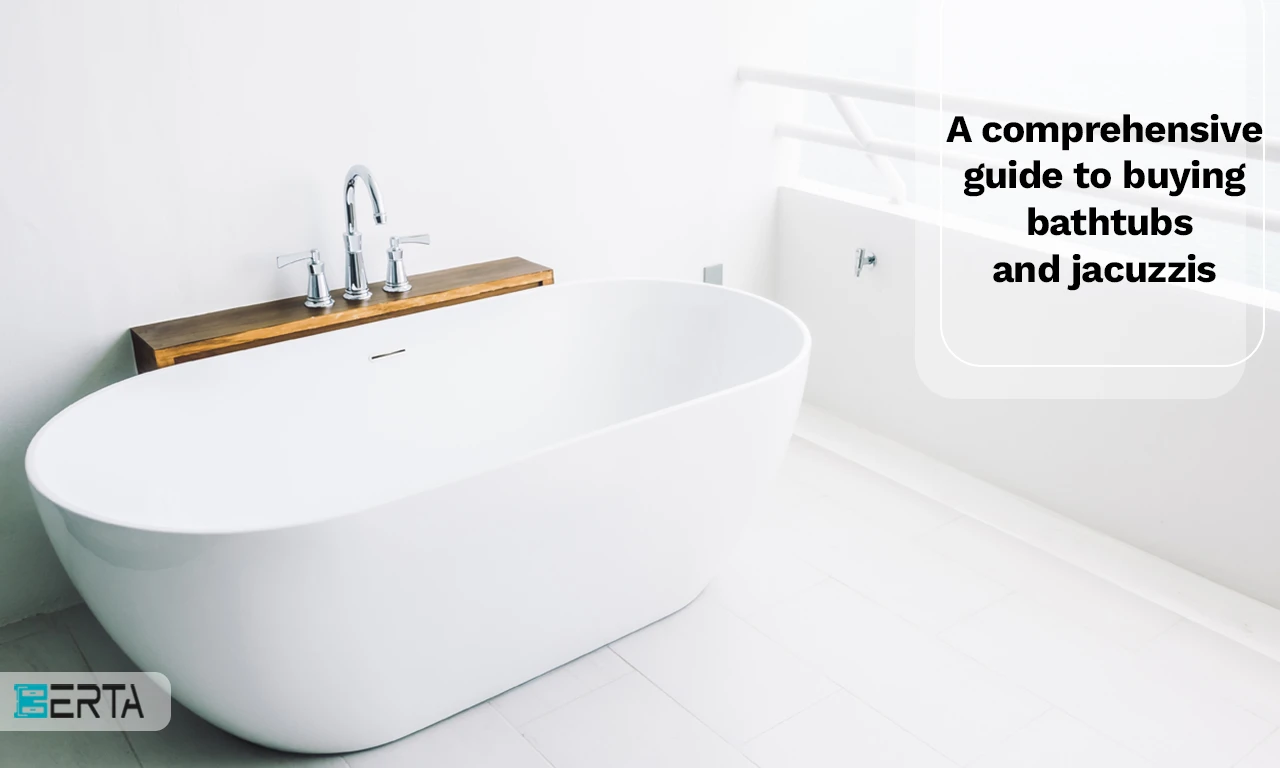
17938.jpg)
 Whatsapp
Whatsapp  Telegram
Telegram 
